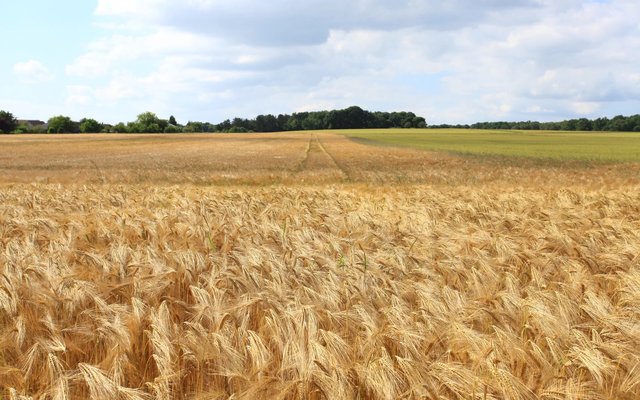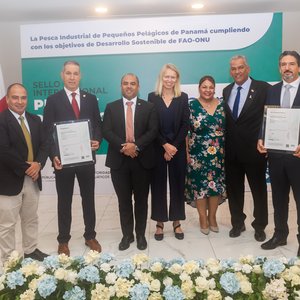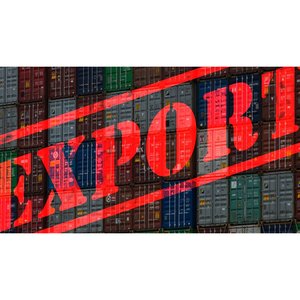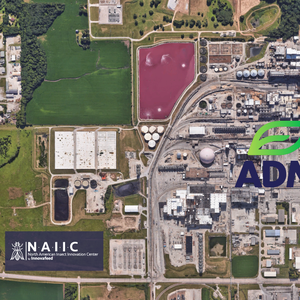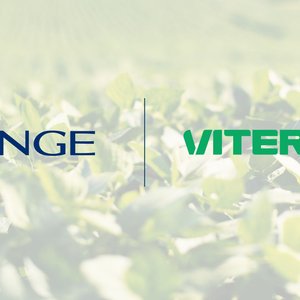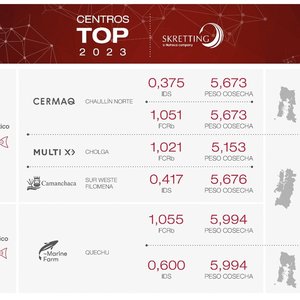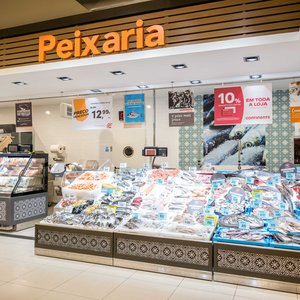The Copa-Cogeca’s working group has recently met in Brussels and corroborates the EU harvest trends reported by the organization last July.
While a positive trend will be expected for oilseeds (31.9 million tonnes, +7.2%) and protein crops (3.92 million tonnes, +5.1%), the EU-27 cereal production will decrease by -6.8% compared to the 2021 harvest and reach 269 million tonnes, placing 2022 below the grain production averages of the past five years.
Concerning the difficulties that reduced cereal production, the summer drought had a particularly severe impact. The grain maize production stood at 55 million tonnes, down by 20% year-on-year. Durum wheat production also faced a significant backlash with 7.4 million tonnes harvested (-7.4%). Common wheat production faced a smaller drop at 125.6 million tonnes (-2.5%). Only the production of barley should remain stable with 51 million tonnes harvested.
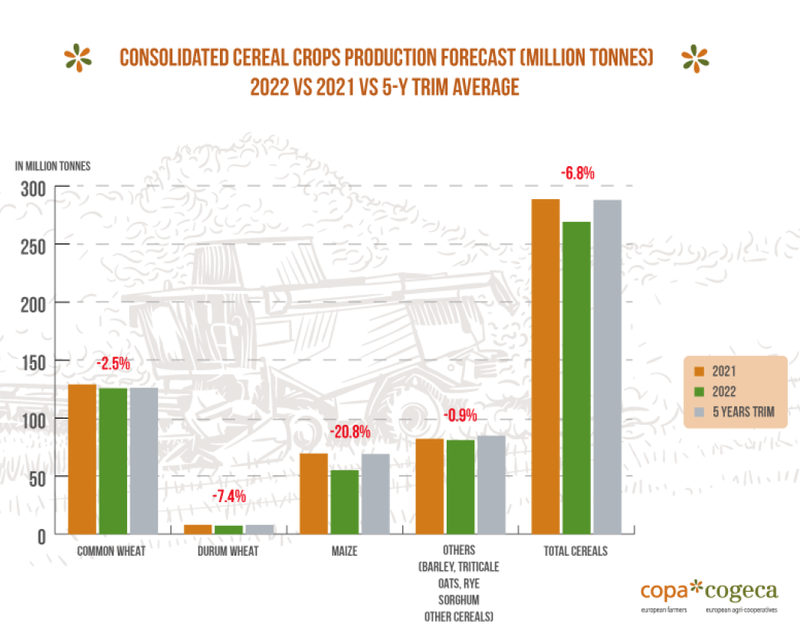
Regarding oilseeds, the situation is more positive with results above the annual averages for the past five years (>5%). Oilseed rape production recovered to 19.5 million tonnes as a result of an increased area cultivated and good yield. While the sunflower sown area increased at a record level in the EU-27, the production stood at 9.6 million tonnes, 7% lower than last year.
The EU soybean production should remain stable as the low yield was compensated by the additional planted hectares (+17.4%) and fava beans increased by 5% thanks to good harvests in the Scandinavian and Baltic states.
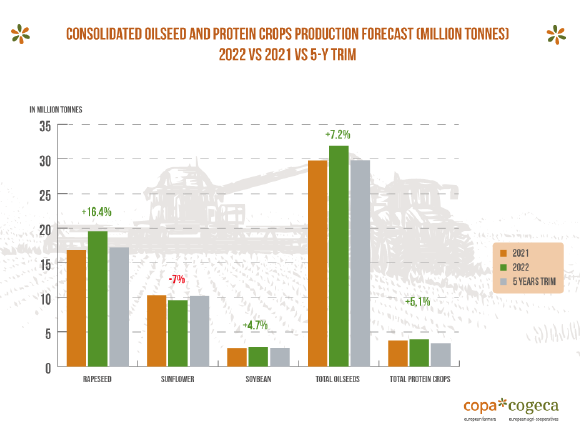
The working group highlights that besides the global warming threat, the European cereal producers are also facing an uncertain global scenario. The volatility of prices linked to international news, inflation, the euro-dollar parity and the increase in costs of main inputs make the situation particularly complicated for farmers.
In this context, Copa-Cogeca’s experts state that it is extremely necessary for the European Commission to make the fertilizer market more transparent. They are concerned that if the price of all fertilizers goes up again, as well as the difficulties of supply in certain countries, it will have consequences on the production for 2023, in yield,quality and the type of planted crops.


